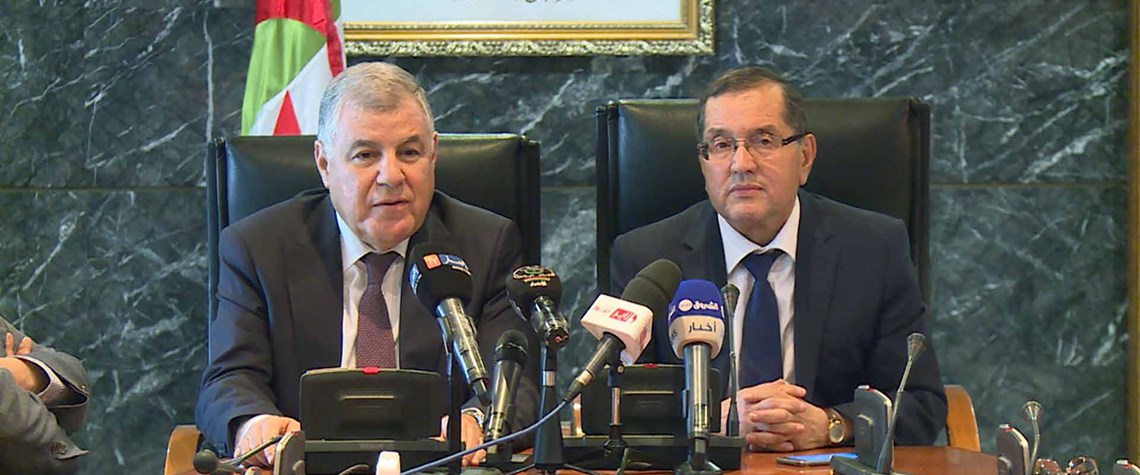Algerian change—again
A lack of leadership continuity in Algeria's energy sector is a product of the FLN's struggle to retain political power
Algerian energy minister Noureddine Boutarfa learned he'd been sacked the day that was supposed to represent his crowning achievement, with Opec's signing in Vienna on 25 May of an extension on its production cuts agreement. Nine months in the making, Opec's first such accord in eight years was completed after much shuttle diplomacy by Boutarfa. He'd initiated the process himself, winning an outline agreement on the principle of the cuts policy at an Opec meeting he hosted in Algiers last September. Then, the local papers were full of praise for their champion. Months of criss-crossing the globe followed as Boutarfa met with oil producers inside and, crucially, outside Opec, balancing each p

Also in this section
25 April 2024
Some companies with assets in Israel have turned towards Egypt as tensions escalate, but others are holding firm despite rising tensions
24 April 2024
But even planned exploration activity is unlikely to reverse declining output from mature fields
23 April 2024
Cheaper Russian barrels and lower overall crude prices have helped cut key oil consumer’s import bills in election year
22 April 2024
Pursuing three different goals as part of the same package may mean achieving none of them







